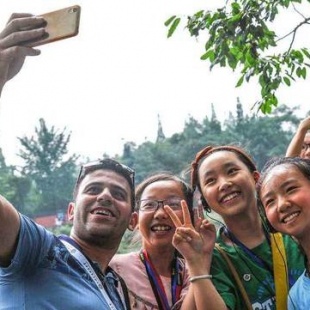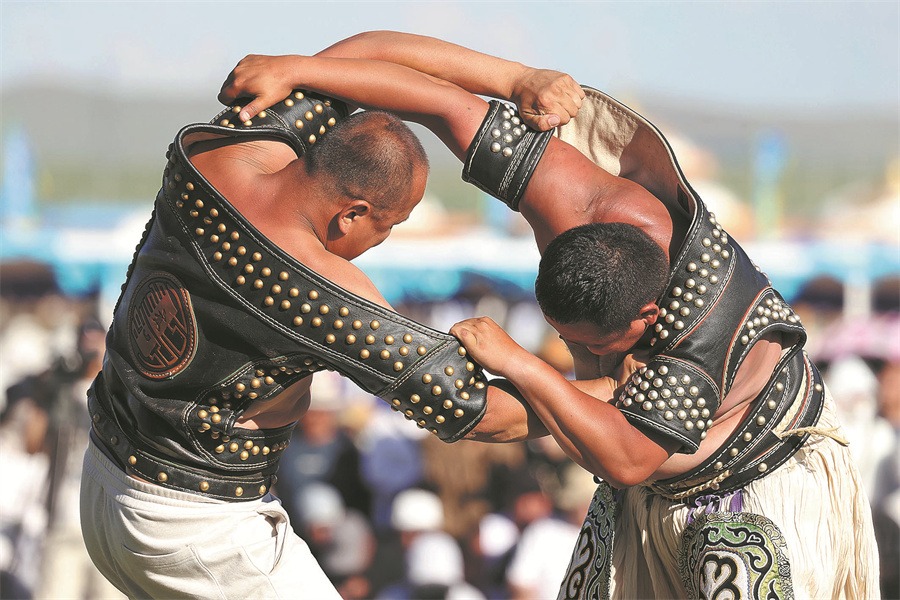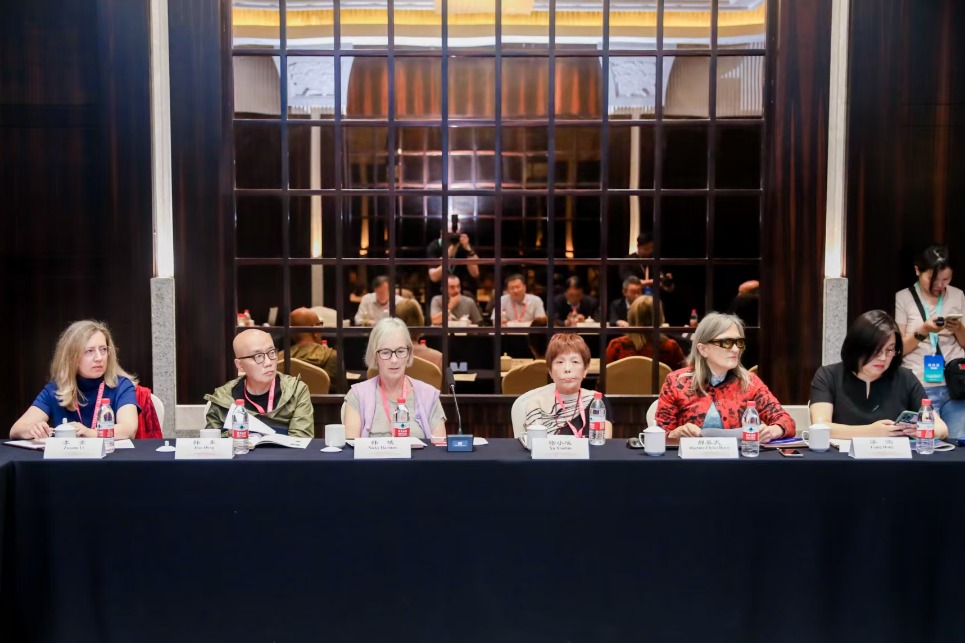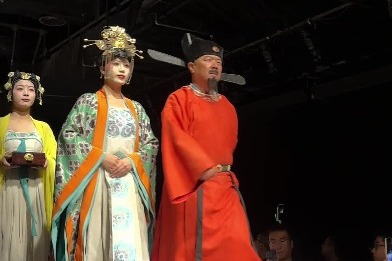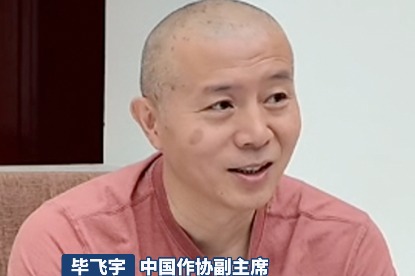Chinese, African youths discuss conservation

NAIROBI-Chinese and African young people on Friday held an online dialogue forum to explore innovative ways to promote conservation of biodiversity amid growing threats linked to human behavior and climatic stress.
The forum, organized by the Nairobi-based African Wildlife Foundation, or AWF, and Friends of Nature, attracted 190 participants and discussed the holistic involvement of indigenous and local communities to revitalize the protection of natural habitats.
"In order for conservation efforts to be effective, we all need to embrace traditional knowledge and understand the historical trends of landscapes and local traditions that contribute to a healthy ecosystem," says Feng Jie, director of Southwest Project from Shan Shui Conservation Center, an NGO founded in 2007 in Beijing dedicated to species and ecosystem conservation and promoting better coexistence between people and nature.
The forum is part of an ongoing global conversation aimed at boosting the speedy implementation of the post-2020 Biodiversity Framework.
Participants agreed that limited engagement with indigenous communities has undermined biodiversity conservation, hence the need to reverse the trend as countries focus on nature-based solutions to boost the green agenda.
"Indigenous people see biodiversity as part of who they are and what they do in all aspects of their livelihood," says Daniel Kobei, executive director of Ogiek People's Development Program in Kenya.
Kobei urged governments and corporations to respect land and territorial rights of indigenous people in order to encourage them to conserve endangered species.
Adamu Adija, coordinator of the Southern Africa chapter of the African Indigenous Women's Organization, says that conservation models that are grassroots-based have proved effective in reversing the loss of biodiversity.
"There has been a growing gap between high-level and local communities attributed to the ongoing top-down conservation model that has propelled biodiversity loss further," says Adija. "We need to change tack and use a bottom-top approach to see high-impact results."
Simangele Msweli, senior youth program manager at AWF, speaks highly of the robust dialogue between Chinese and African youth, saying it contributes to revitalizing the global biodiversity agenda.


